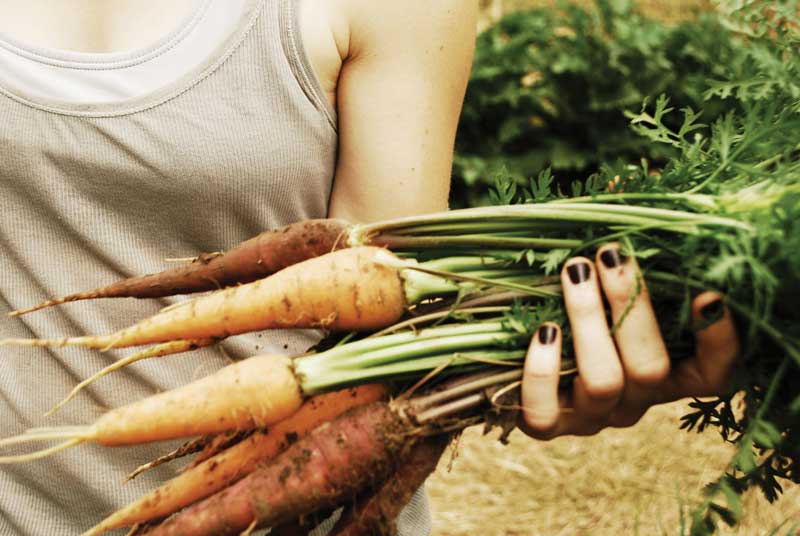The traditional practice of gleaning can both reduce food waste and alleviate hunger in the community, while providing the farmer with tax benefits.

While gleaning is defined in different ways by various organizations, it generally refers to a specific type of food recovery: the recovery of crops from fields or packing sheds for distribution to food-insecure populations. Many advocates suggest that gleaning inherently involves a direct relationship between the donating farmer and the community. Gleaning is a charitable act, and taxpayers who donate property that could have generated income, such as leftover produce, are eligible to receive a tax deduction under the federal Tax Reform Act.
The harvesting or collection itself is often carried out by volunteers working on behalf of a nonprofit or community organization. Highly experienced gleaning organizations are willing to bring trained gleaners onto a farmer’s property to manage farm surplus. Not only does the farmer receive the tax deduction for produce they may not have harvested or sold anyway, but gleaning also introduces volunteers to the farm, strengthening community connections and potentially growing a new market.
If you’re interested in welcoming gleaners onto your farm or donating excess produce, know that the federal Bill Emerson Good Samaritan Food Donation Act protects individuals and nonprofit organizations from civil and criminal liability associated with the “condition … of apparently wholesome” foods donated in good faith. It also protects farmers from liability when individuals collecting food for donation to charity are injured on their property.
In addition to federal law, many states have or are considering laws that increase liability protection or offer farmers additional tax incentives for crop donation. Local gleaning organizations can provide information on becoming a donor, a gleaner, or an advocate for tax initiatives. The National Gleaning Project provides a resource for users to research the laws pertaining to gleaning and food recovery and connect with gleaning organizations and advocates.
This article is brought to you by Vermont Law School. The Center for Agriculture and Food Systems (CAFS) at Vermont Law School is committed to developing the next generation of food and agriculture advocates and entrepreneurs, and to creating innovative legal tools that sustain the new food movement. Join us and see how you, too, can support global, sustainable food systems. Learn more.
